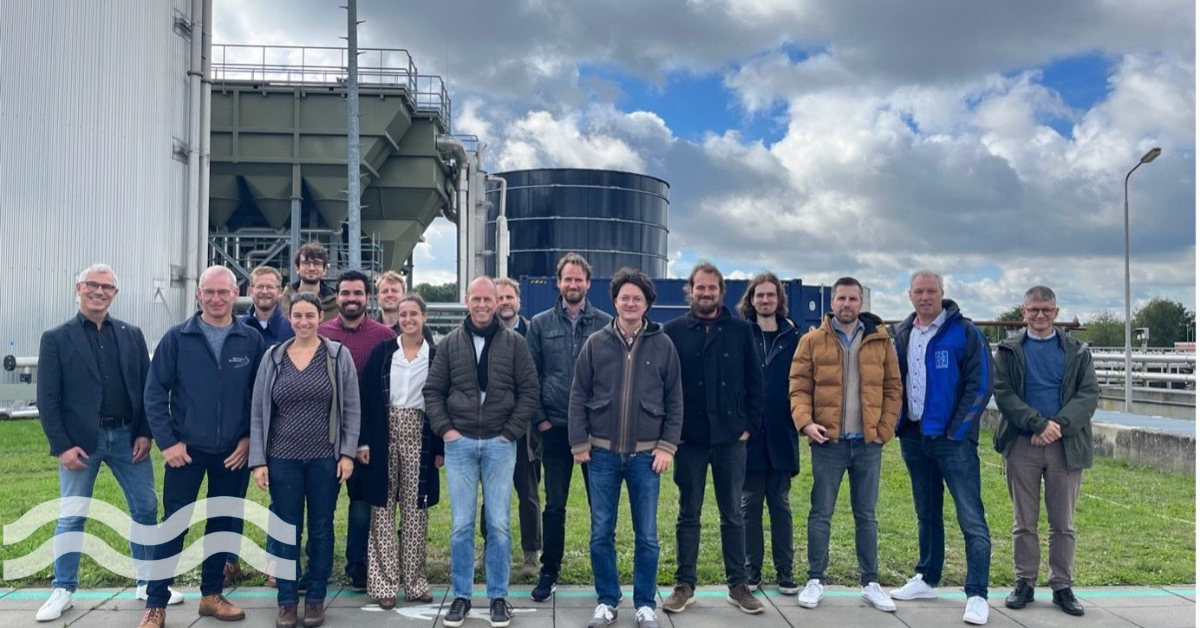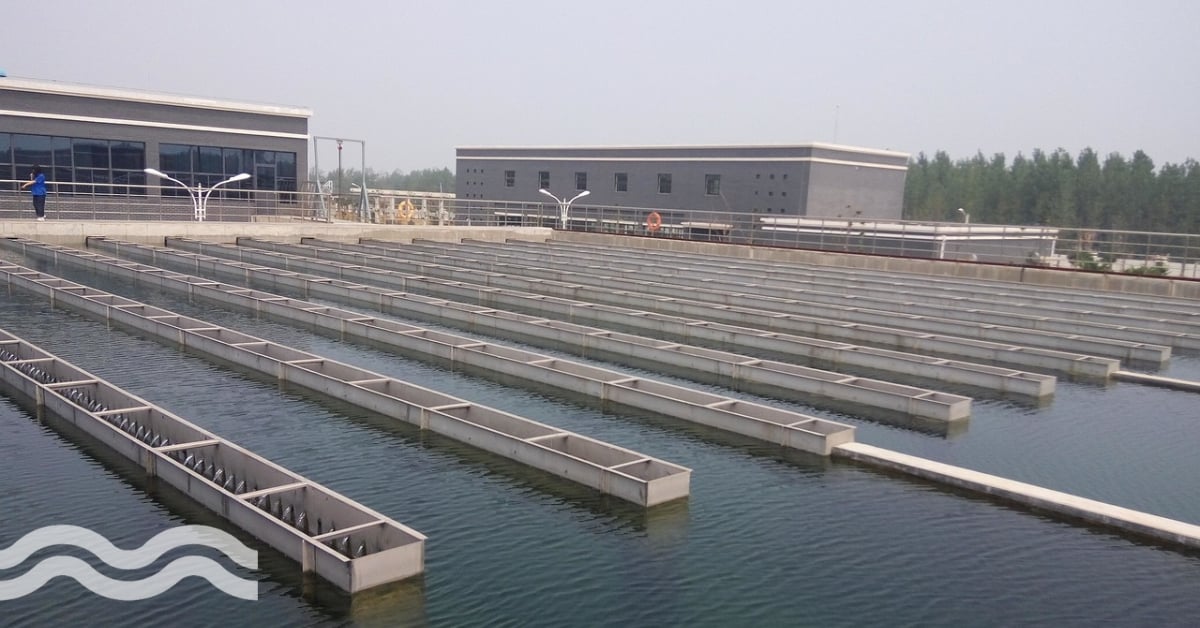Unlocking the potential of wastewater using AI

A new European research project entitled DARROW is aiming to optimise how we recover resources from wastewater. The ambition is to make wastewater treatment plants more efficient and autonomous by harnessing the power of artificial intelligence (AI).
Monitoring water quality
Based in the Netherlands at the RWZI Tilburg wastewater treatment plant, DARROW researchers from Spain, Belgium, the Netherlands and Germany will train AI models on data from a multitude of sensors that monitor the water quality and treatment process. The models will then be able to provide recommendations to the treatment plant operators to optimise decisions.
Combining data and AI
Wastewater treatment plants contain a multitude of sensors that continuously collect data. The scientists from the DARROW project will use this data to train AI models.
Ion Irizar, former project co-ordinator at Darrow, says: “The basic idea behind DARROW is to combine data and AI in wastewater treatment plants to produce a set of complementary software tools that can help the operators of these plants to promote their decisions.”
Currently, the job of a wastewater treatment plant operator is highly demanding, Ruud Peters, senior advisor of policy and innovation at Waterschap De Dommel and part of the project, says: “An operator has a lot of tasks…he has to make the water clean with as little energy as possible, he has to keep track of the effluent quality and he has a lot of process units that he has to monitor. All these things are getting really complicated, and that's where AI can come in.”
Boosting energy efficiency
The DARROW project will help to boost the recovery of valuable resources, reduce energy consumption and increase biogas production from wastewater treatment plants, thereby lowering greenhouse gas emissions. Suggestions will be provided by the model on how to improve plant operations, eventually helping to make the process more efficient and autonomous.
Klas Bombeke, senior researcher at IMEC and part of the project adds: “What DARROW stands for is getting this artificial intelligence and automatisation into the world of water treatment. But of course, we have to make sure that the human operators that are working in the plant right now have trust in the system and that they feel some kind of control over the system as well.”
Global consortium
The DARROW project is composed of a consortium of three RTOs, one university, one not for profit, and three SMEs. These include CEIT, Vito, IMEC, Ghent University, Cobalt Water Global, The European Science Communication Institute, Waterschap De Dommel and Royal HaskoningDHV. It will run until February 2026.


